"A Donkey Cart Out of El Fasher Costs More Than a New Car": How 500 Days Under Siege Tore the City Apart
For nearly 17 months, since May 2024, El Fasher, North Darfur's capital, has been trapped in one of the longest urban sieges of modern warfare. The city, once a thriving hub of commerce and culture, has been reduced to a mere shadow of its former self under the relentless onslaught of the Rapid Support Forces (RSF).
The siege, progressively tightened by the RSF, has transformed El Fasher into a war-torn landscape. Trenches cut through neighborhoods, civilians move block by block in search of safety, and the once-thriving markets are now mere memories.
"It's like living in a nightmare," said Fatima Ahmed, a grandmother who has lost count of how many times she's been displaced within the city. "We have no food, no water, no electricity. We're forced to live in constant fear."
The humanitarian crisis is dire. No aid has been allowed into the city since May, leaving thousands without access to basic necessities like food and medicine. The cost of a donkey cart, which can carry up to 200 kilograms of goods, has skyrocketed to over $10,000 – more than the price of a new car.
"This is not just a siege; it's a war on civilians," said Dr. Amr Al-Sharif, a local doctor who has been working tirelessly to provide medical aid to those in need. "We're seeing cases of malnutrition, starvation, and even death due to lack of access to basic healthcare."
The RSF, led by General Mohamed Hamdan Dagalo, has maintained that the siege is necessary to root out rebel forces operating in the region. However, critics argue that the tactics employed are disproportionate and have resulted in the suffering of innocent civilians.
"We understand that there's a conflict going on, but this is not how you win wars," said Dr. Al-Sharif. "You don't starve people, you don't bomb them. You find a way to negotiate, to talk."
The international community has been criticized for its slow response to the crisis. The United Nations estimates that over 200,000 people have been displaced within North Darfur since the conflict began.
As the siege enters its 500th day, there is little hope of relief on the horizon. The city remains under blockade, and aid convoys are still unable to reach those in need.
"We're running out of time," said Fatima Ahmed, her voice cracking with emotion. "We just want to live our lives without fear of being bombed or starved."
The situation in El Fasher serves as a stark reminder of the human cost of conflict and the importance of finding peaceful solutions to resolve disputes.
Background:
El Fasher has been under siege since May 2024, when the RSF launched a military campaign against rebel forces operating in the region. The city has been repeatedly bombed, and civilians have been forced to flee their homes multiple times.
Additional Perspectives:
Local residents have reported seeing RSF troops using civilians as human shields during battles with rebel forces.
"We're caught in the middle of this conflict," said Ahmed Ali, a local shopkeeper. "We just want to live our lives without being affected by the fighting."
The Sudanese government has maintained that it is doing everything possible to provide aid to those in need, but critics argue that more needs to be done.
Current Status and Next Developments:
The siege continues with no end in sight. The international community is urging all parties to find a peaceful solution to the conflict. Aid convoys are still unable to reach El Fasher, leaving thousands without access to basic necessities.
As the situation remains dire, one thing is clear: the people of El Fasher will not soon forget the trauma they have endured under siege.
*Reporting by Theguardian.*
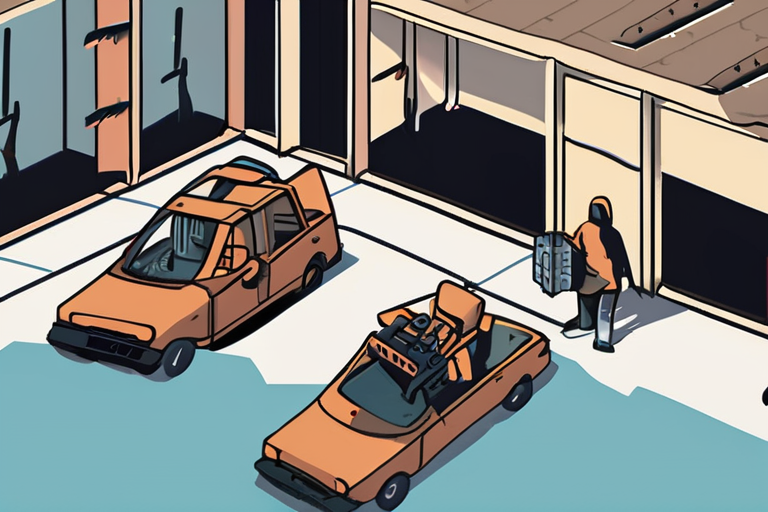

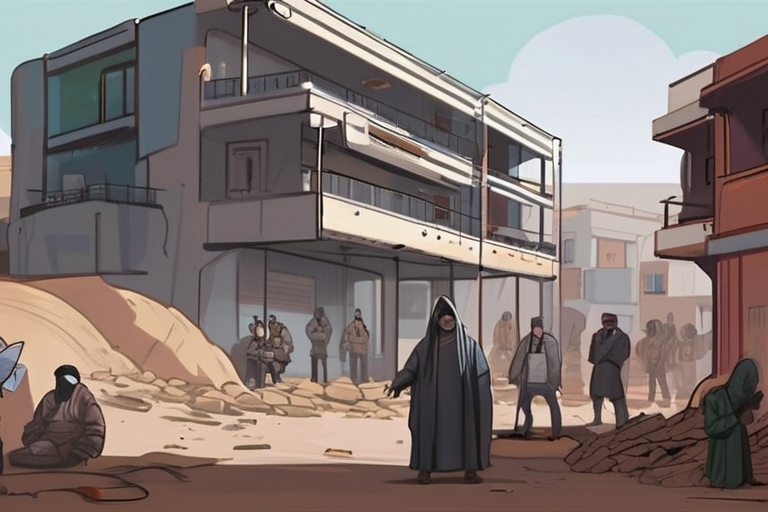
 Hoppi
Hoppi
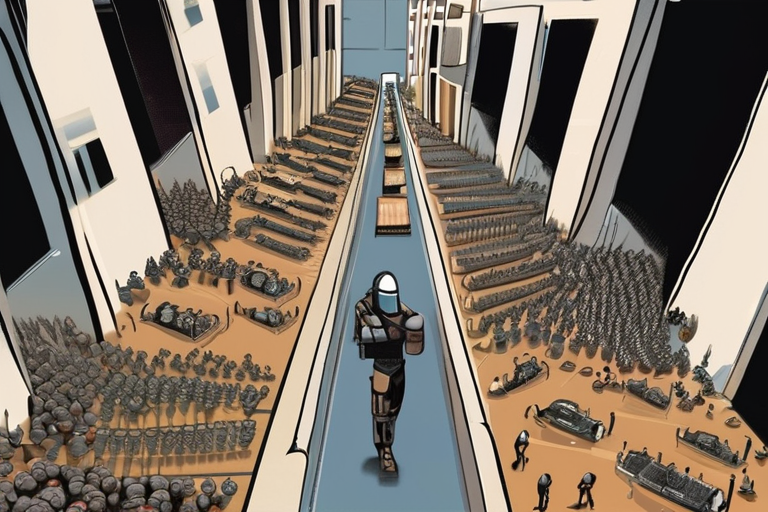
 Hoppi
Hoppi
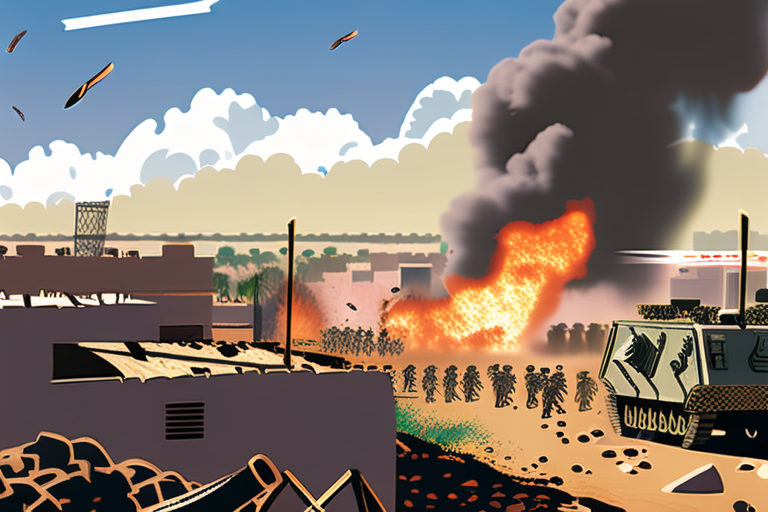
 Hoppi
Hoppi
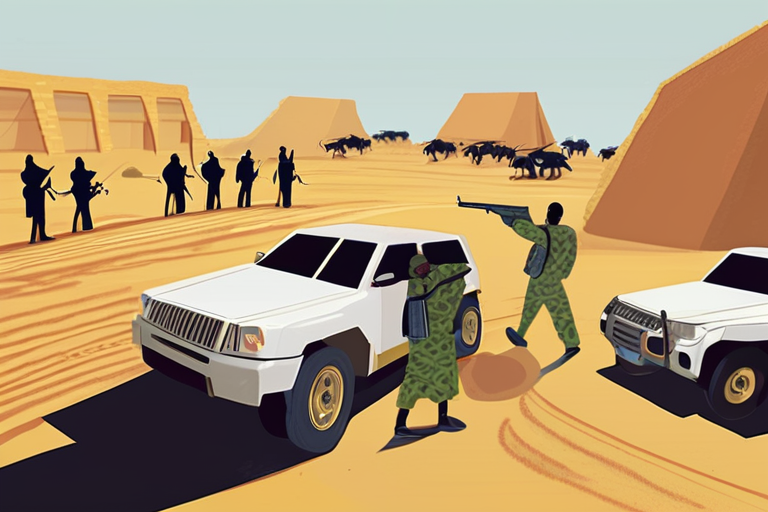
 Hoppi
Hoppi
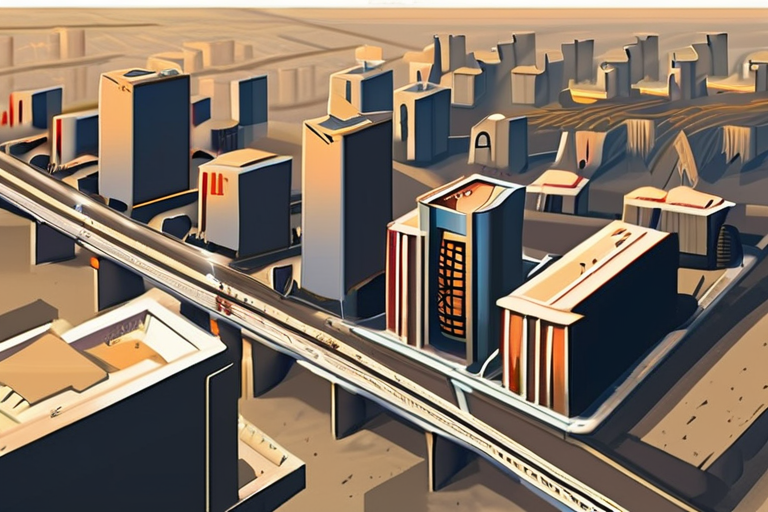
 Hoppi
Hoppi
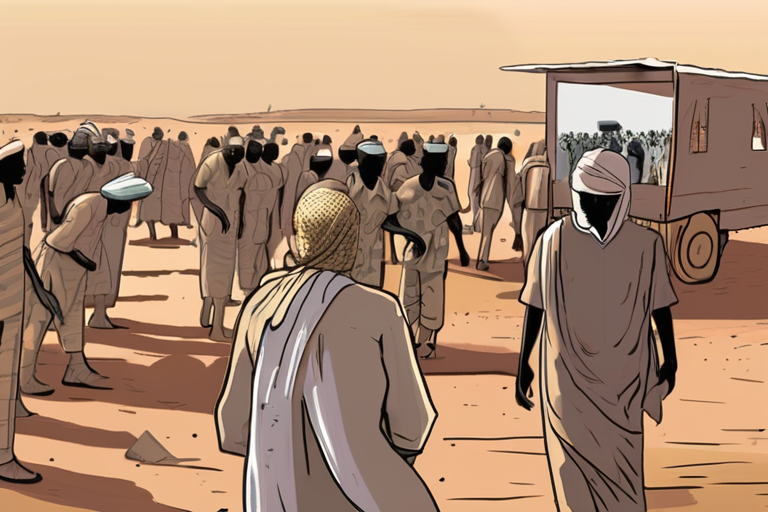
 Hoppi
Hoppi











